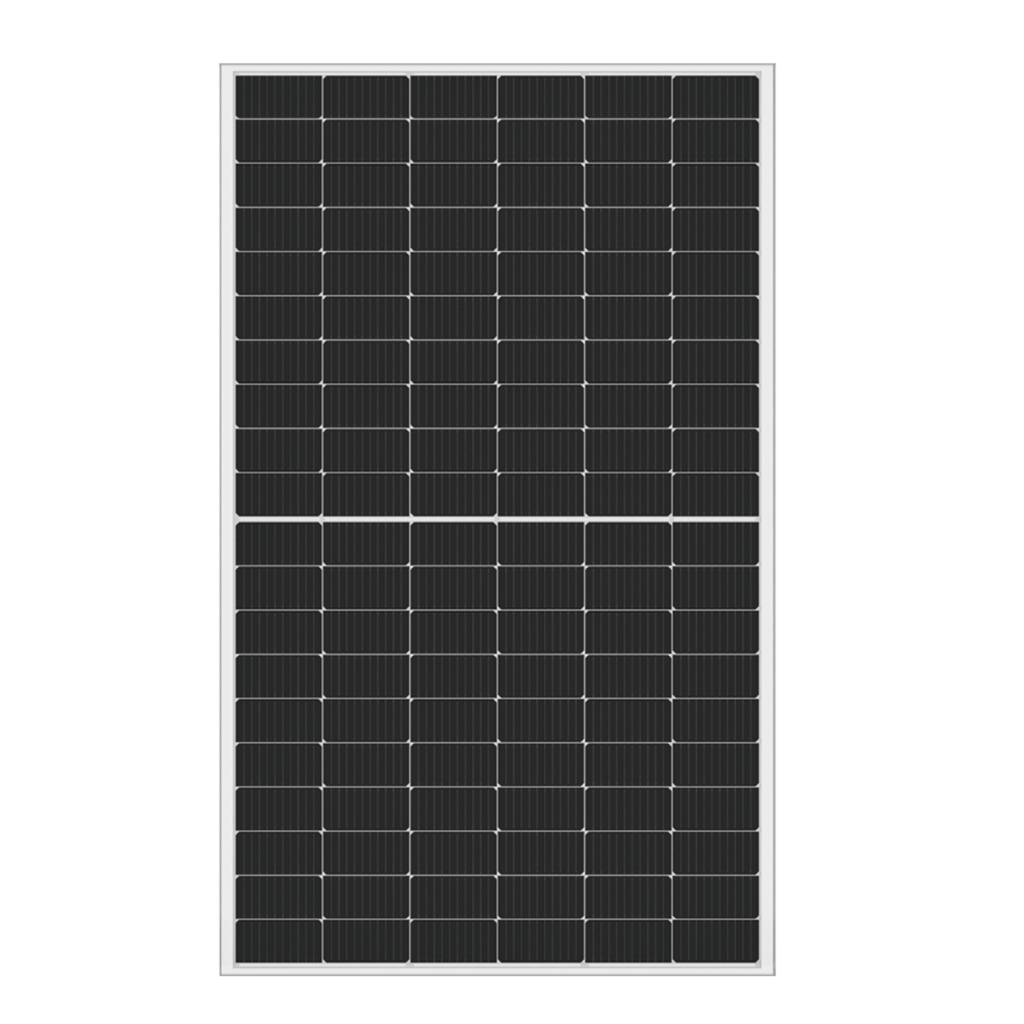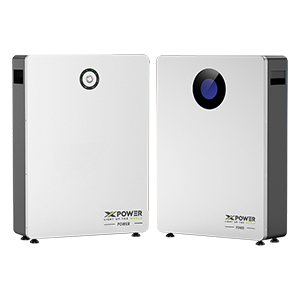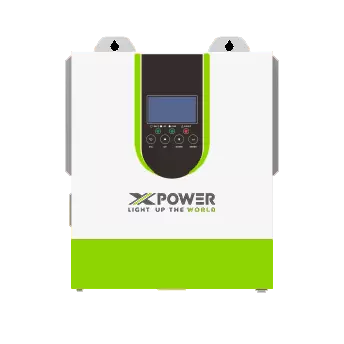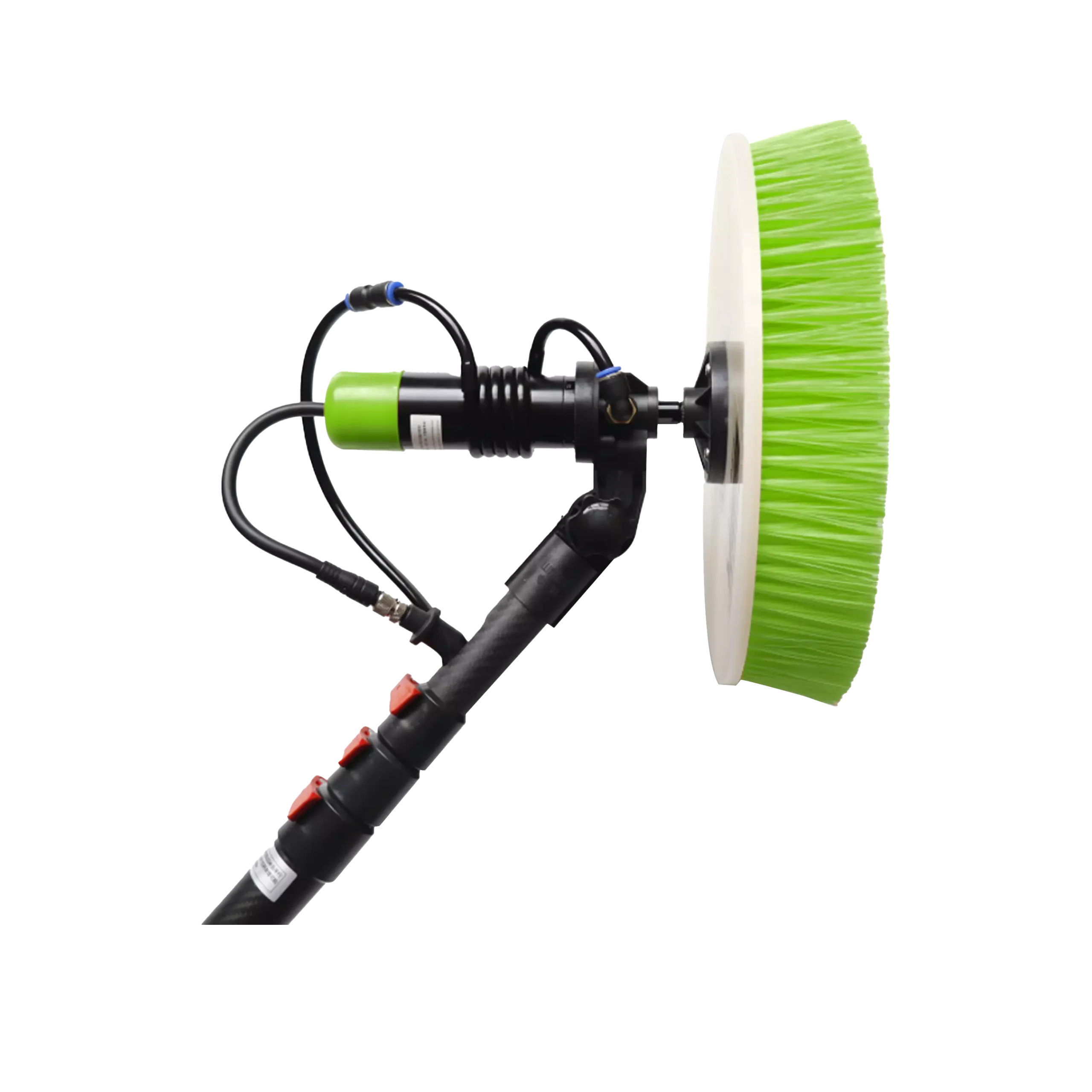Solar Panels vs. Solar Modules: What’s the Difference?
Time of Release : 2023-11-01
The use of solar energy as a renewable source of power is rapidly growing worldwide. As the solar industry continues to expand, terms like “solar panels” and “solar modules” are often used interchangeably, leading to confusion. However, while these two terms are related, they refer to different components in a solar power system. In this article, let’s clarify the differences between solar panels and solar modules, and explore their respective advantages and applications.
Table of Contents

What’s Solar Panels
A solar panel is a single photovoltaic panel that can convert sunlight into electrical energy. Each panel is made up of interconnected solar cells, typically manufactured from silicon, which produce direct current (DC) electricity when exposed to sunlight. Solar panels are available in various sizes and wattage capacities, making them versatile for different solar energy applications.
What’s Solar Modules
On the other hand, a solar module is a collection of interconnected solar panels, enclosed within a single framework. These multiple panels increase the overall power output and efficiency of the system. The integration of solar panels into a solar module simplifies installation and reduces the number of individual connections required for the entire unit. Solar modules are commonly used in large-scale solar installations, such as commercial rooftops and solar farms.
Distinguishing Factors
Size and Capacity: Solar panels are smaller in size compared to solar modules. Their wattage capacity typically ranges from a few watts to several hundred watts. Meanwhile, solar modules are larger structures comprising multiple panels, offering higher power outputs, often exceeding several kilowatts.
Installation and Connectivity: Solar panels require individual installation and connection, requiring more connections and mounting hardware. In contrast, solar modules simplify installation by coming pre-assembled with multiple interconnected panels, reducing the number of individual connections required and simplifying the installation process.
Applications: Solar panels are commonly used in smaller-scale applications, such as residential rooftops, small businesses, and off-grid power systems. Solar modules find extensive usage in large-scale commercial and utility installations due to their higher power output and simplified installation process.

Benefits of Solar Panels and Solar Modules
Both solar panels and solar modules offer several advantages in using solar energy:
Renewable Energy Source: Both components harness the sun’s energy, a clean and renewable source, reducing reliance on conventional fossil fuels and decreasing carbon emissions.
Cost Savings: Solar panels and modules provide long-term cost savings by reducing electricity bills and offering potential incentives through net metering or government subsidies.
Low Maintenance: Solar panels and modules require minimal maintenance, primarily consisting of occasional cleaning and inspection.
Durability: These components are designed to withstand various weather conditions, including rain, snow, and hail, ensuring longevity and reliable performance.
Solar panels and solar modules are critical components in any solar power system. While they both convert sunlight into electrical energy, they differ in size, capacity, installation, and application. Understanding these differences can help design and implement a solar power system for different energy needs effectively. Harnessing solar energy offers numerous benefits in terms of sustainability, cost savings, and reduced environmental impact.
At XPower , we are a professional solar panel and module manufacturer offering various types of high-quality solar components for wholesale export services. To learn more about our products and services, please visit our website today.





